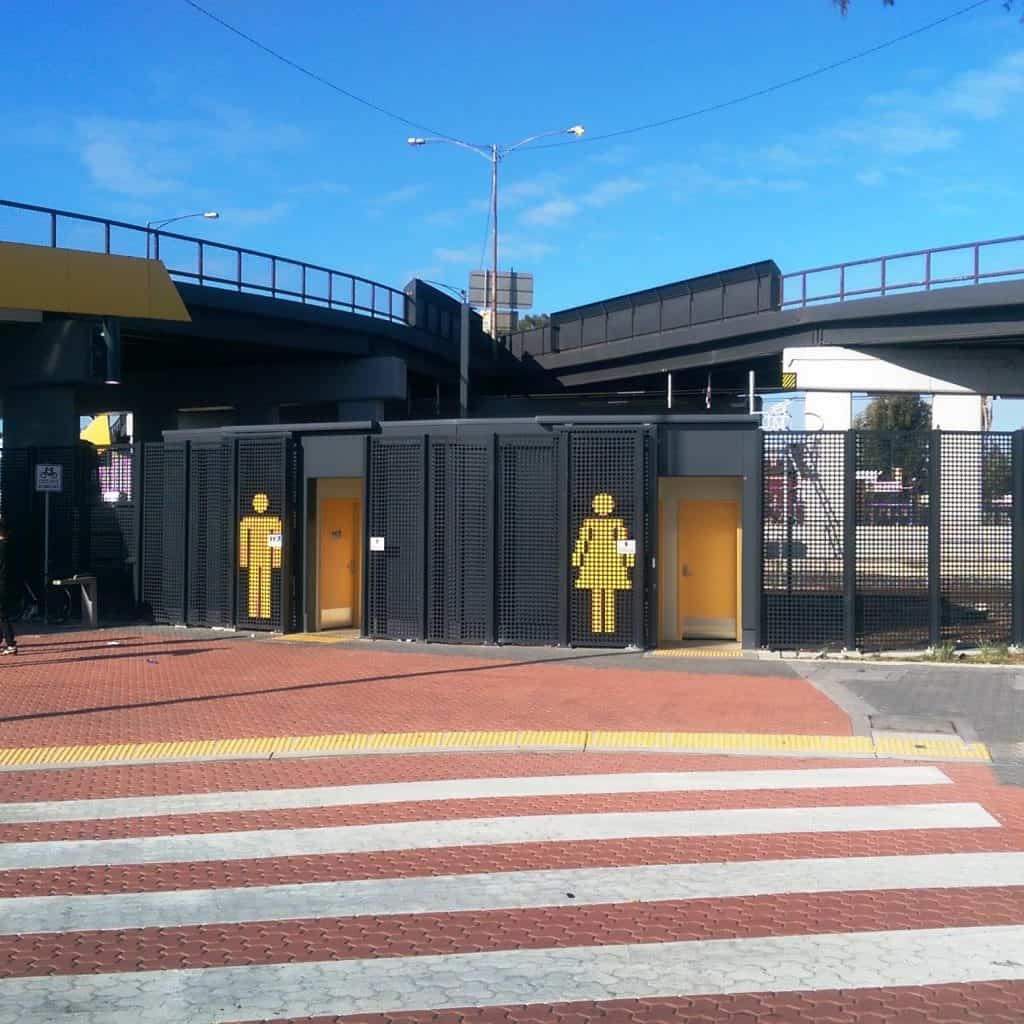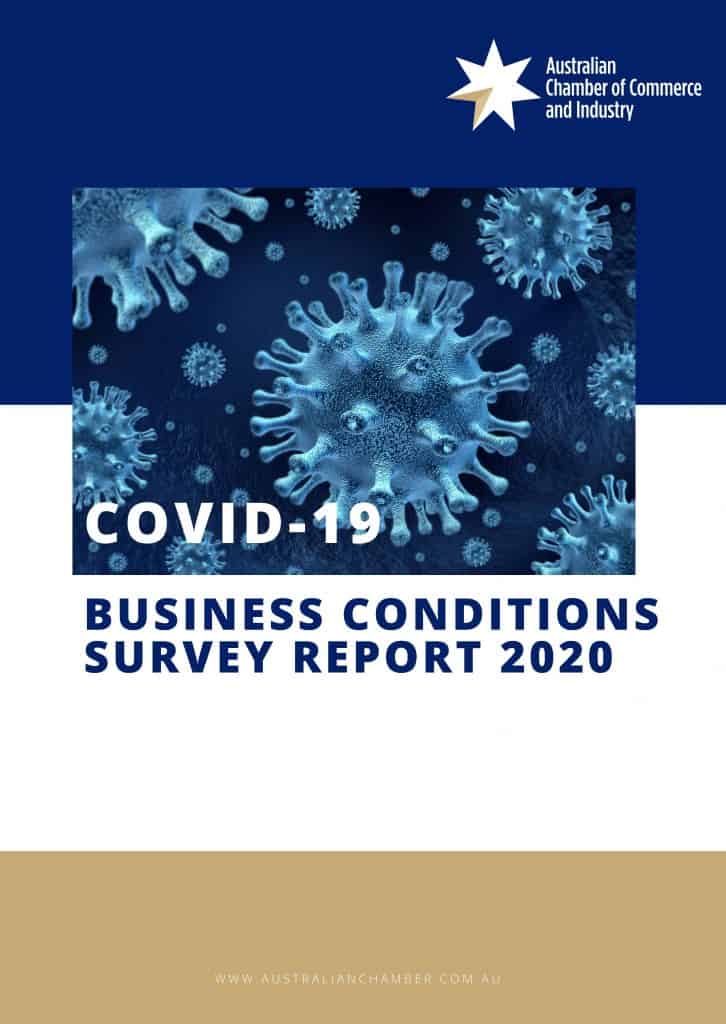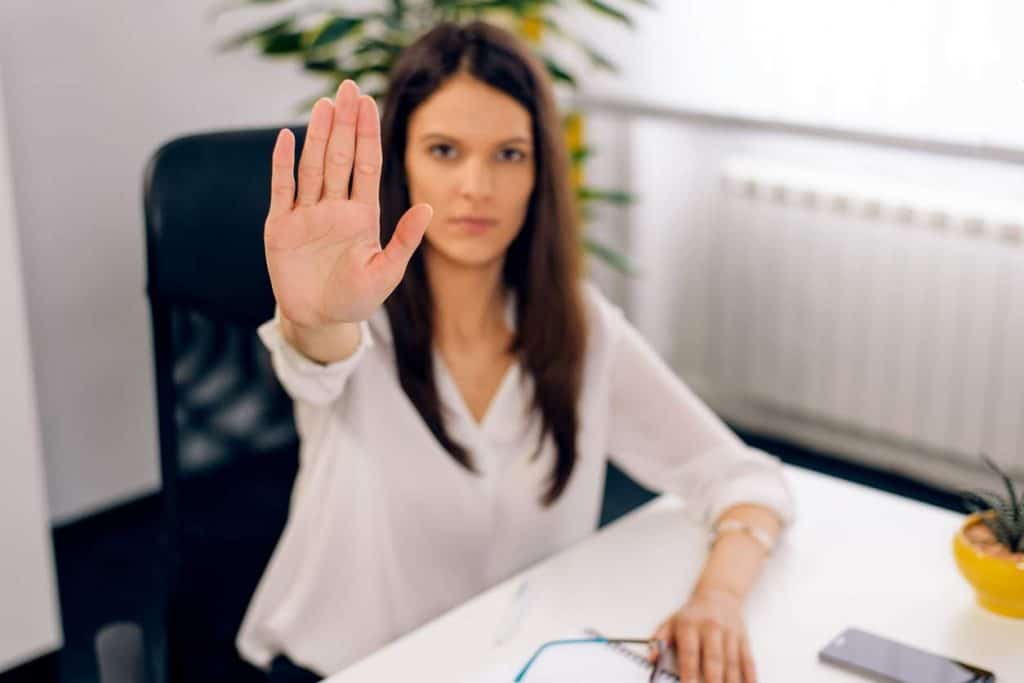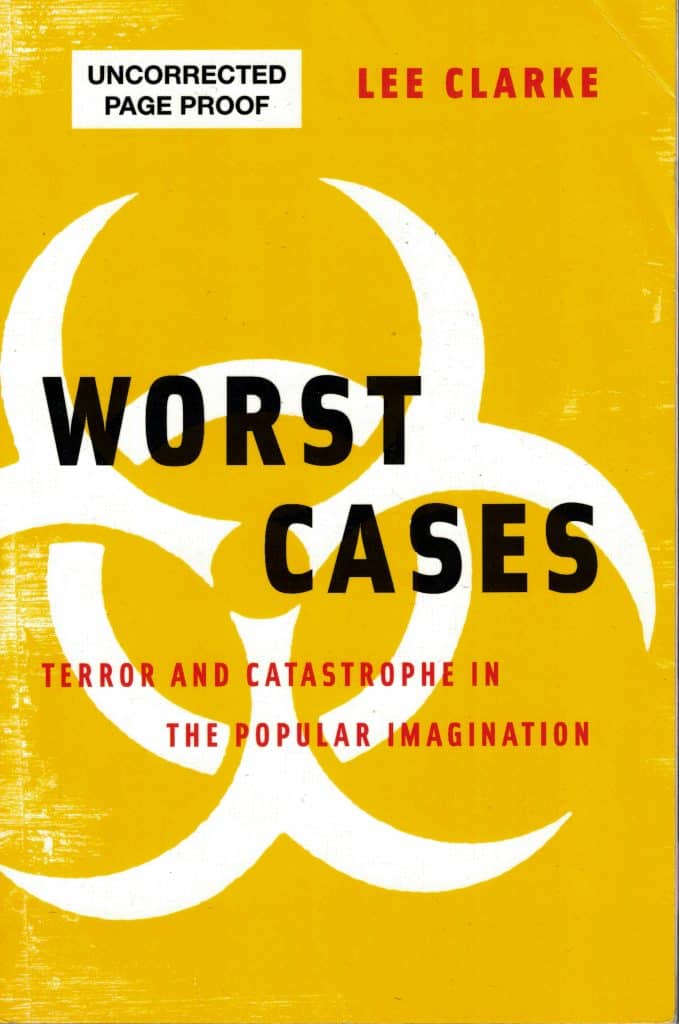Less than 12 hours after not mentioning Safe Work Australia’s COVID19 occupational health and safety (OHS) guidance, the Minister for Employment, Skills, Small and Family Business, Michaelia Cash, issues a media release, in conjunction with the Minister for Industrial Relations, Christian Porter, saying that
“The Safe Work Australia (SWA) website has been transformed into a centralised information hub, which can be easily searched using a handy content filter to find work health and safety guidance relevant to 23 specific industries.”






